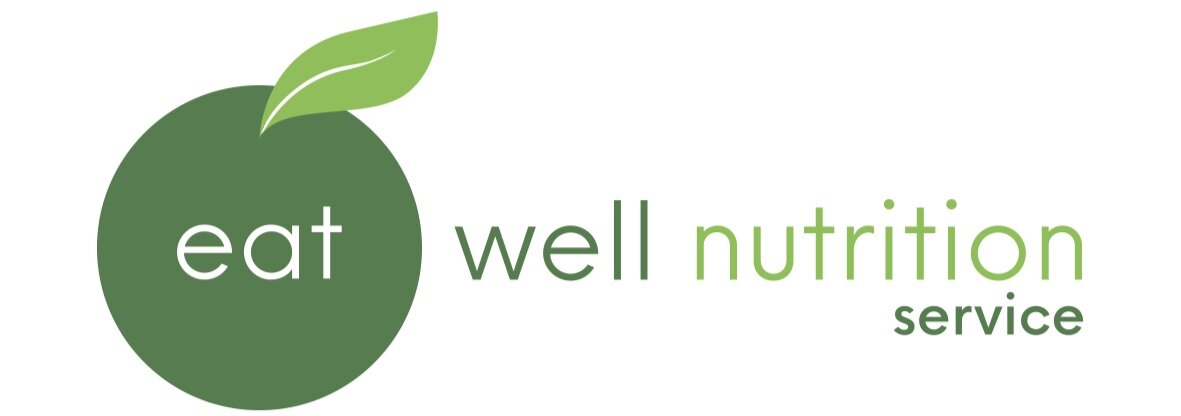Oral Nutrition Supplements: An Overview
Oral nutritional supplements (ONS) are products used for oral nutrition support, with the aim of increasing nutritional intake. They are a treatment option for when a nutrition support need has been identified. Other nutrition support options may include dietary counselling, food fortification or Enteral tube feeding, depending on the resident’s clinical need. Oral nutrition supplements are typically used in addition to a normal diet, when diet alone is insufficient to meet daily nutritional requirements.
Potential Benefits:
ONS not only increase total energy and protein intake, but also the intake of micronutrients. They do not reduce intake of normal food if used appropriately.
Evidence from systematic reviews demonstrate that oral nutrition supplements are both a clinically and cost effective way to manage malnutrition, particularly amongst those with a low BMI.
ONS increase energy and protein intakes, can improve weight and have functional benefits (e.g. improved hand grip strength)
Clinical benefits of ONS include reductions in complications (e.g. pressure ulcers, poor wound healing and infections), mortality (in acutely ill older people), hospital admissions and readmissions.
Clinical benefits of ONS are often seen when providing 1250-3750 kJ/day (e.g. 1-3 servings per day).
Potential Negatives:
ONS can be costly if overused/used ineffectively.
Residents may have poor compliance if not monitored properly or not reviewed regularly.
ONS can negatively impact intake of food if over-prescribed or over-supplied.
ONS are at times not tolerated due to taste or perception of residents (i.e. some residents may not like the idea or understand the benefit of consuming a supplement).
Types of oral nutritional supplements:
ONS typically contain a mix of macronutrients (protein, carbohydrate and fat) and micronutrients (vitamins, minerals and trace elements). Ready-made nutritional supplements are energy dense and generally contain between 1 and 2.4 kcal/ml and a balance of micronutrients. There are a wide range of supplement styles (milk, juice, yoghurt, savoury), formats (liquid, powder, pudding, pre-thickened), types (high protein, fibre containing, low volume) energy densities and flavours available to suit a wide range of needs. Most standard supplements provide ~1000-1250 kJ, 10-12g of protein and a full range of vitamins and minerals per serving.
There are a number of different oral nutrition supplements which may be of benefit in specific groups:
The majority of people requiring ONS can be managed using standard supplements (1.5-2.4kcal/ml); these are often used for people who are frail, elderly or with diagnoses of dementia, COPD and cancer.
High protein supplements are suitable for individuals with wounds, post-operative patients, some types of cancer, and the elderly.
Fibre-containing supplements are useful for those with constipation (not suitable for those requiring a fibre-free diet).
Pre-thickened supplements and puddings are available for individuals with neurological conditions that affect their swallow.
Small volume, high energy supplements may aid compliance and may be better tolerated by patients who cannot consume larger volumes.
Commencing oral nutrition supplements:
Aim to establish preferred flavours, likes and dislikes e.g. milk or juice, sweet or savoury.
Test preferences and compliance with taste testing.
Refer to your Dietitian to assess nutrition requirements and prescribe preferred product or range of products/flavours.
Important Considerations:
Certain formulations and volumes are prescribed for a reason (i.e. high fibre, high protein, low lactose, patient preference, on a fluid restriction); if that supplement is not in supply, simply replacing it with a different type of supplement is inappropriate (i.e. replacing Resource Fruit with TwoCal). Always liaise with the Dietitian for advice on alternative options if the required supplement is not available.
How the supplement is served is important; chilled, in a glass, with or without straw etc. Please be aware of patient preferences and needs.
Monitor outcomes & effectiveness; if patient’s weight/nutritional intake has corrected, organise a review of ONS requirements.
ONS should be treated like medication, ensure they are labelled with the patient name and provided at the prescribed time.
Discontinuing oral nutrition supplements:
Discontinue ONS when adequate oral intake is established, targets are achieved and the individual is stable and no longer at risk of malnutrition.
Continue to monitor to check that the individual remains stable (consider relapsing with remitting conditions e.g. COPD, IBD etc).
Always refer to your Dietitian in regards to the discontinuation of supplements.
